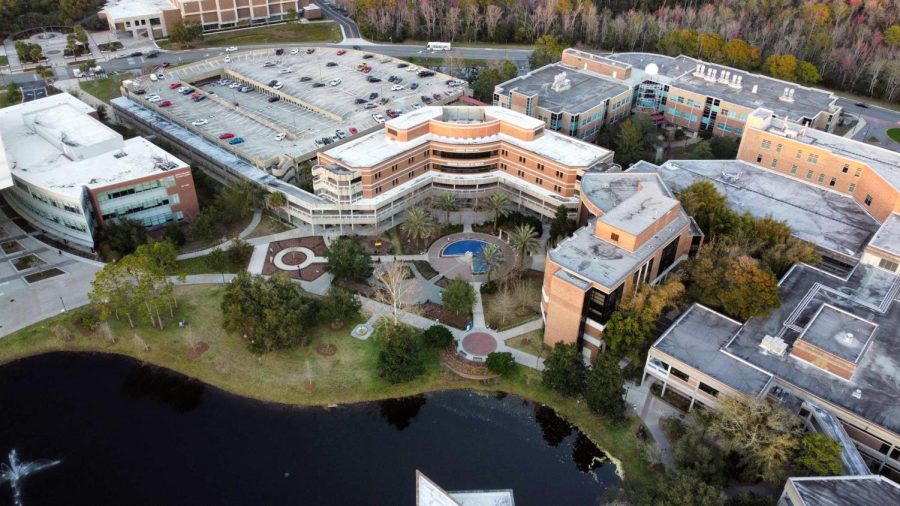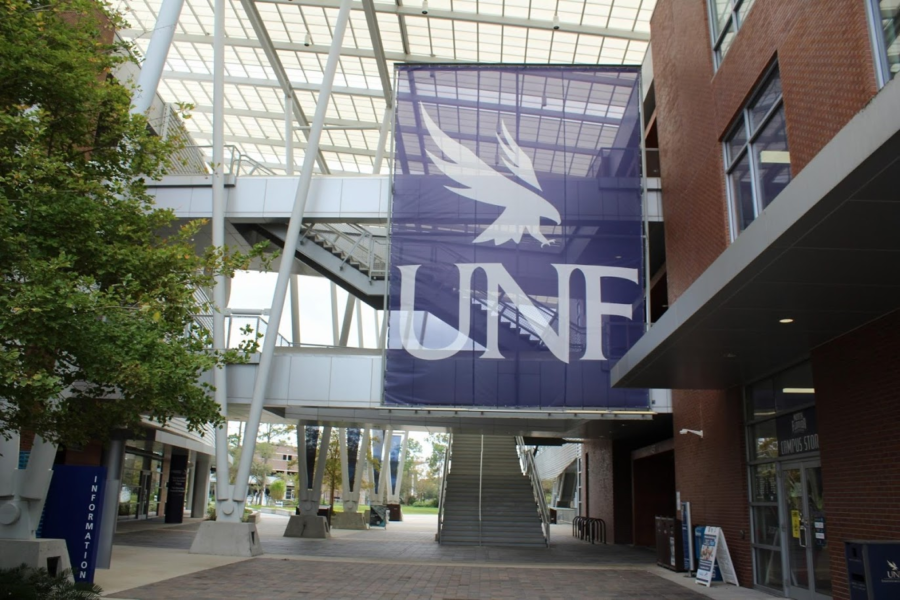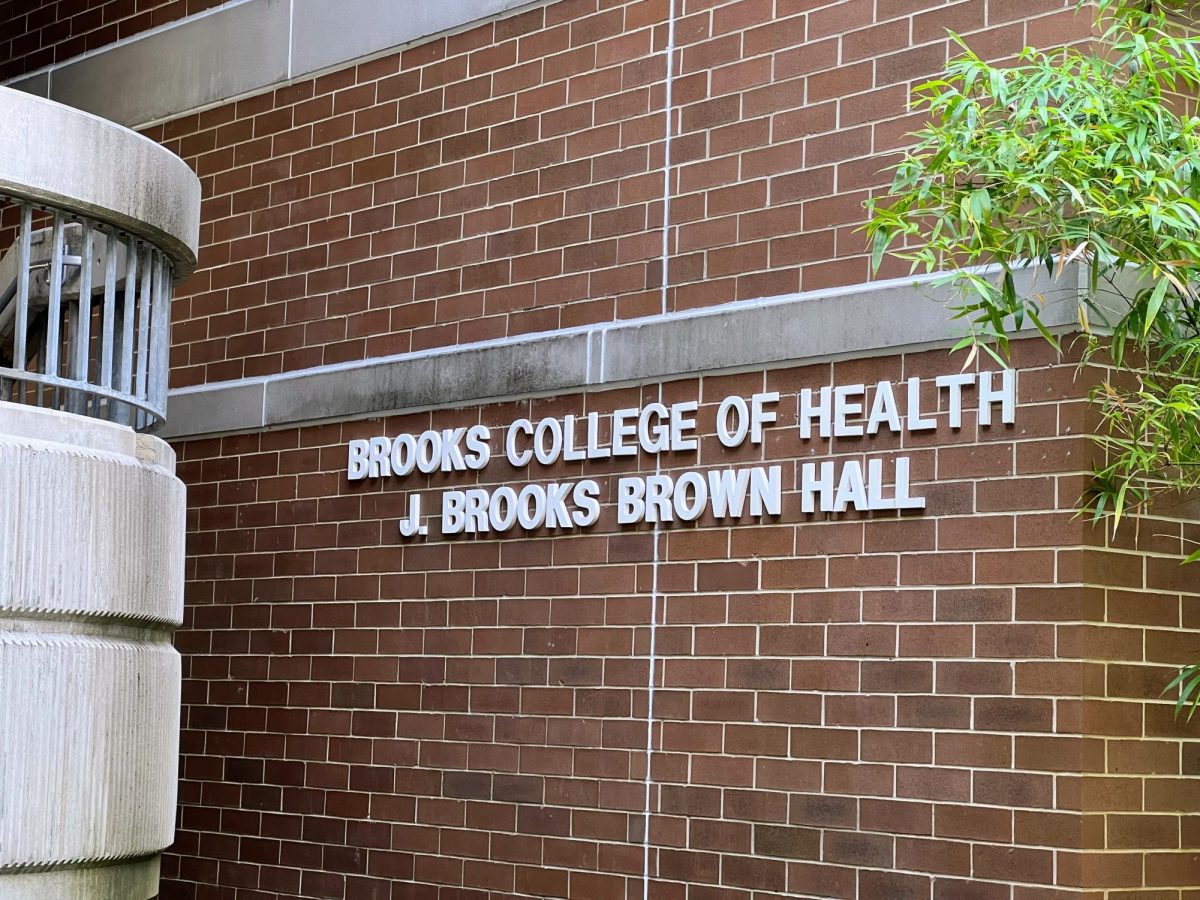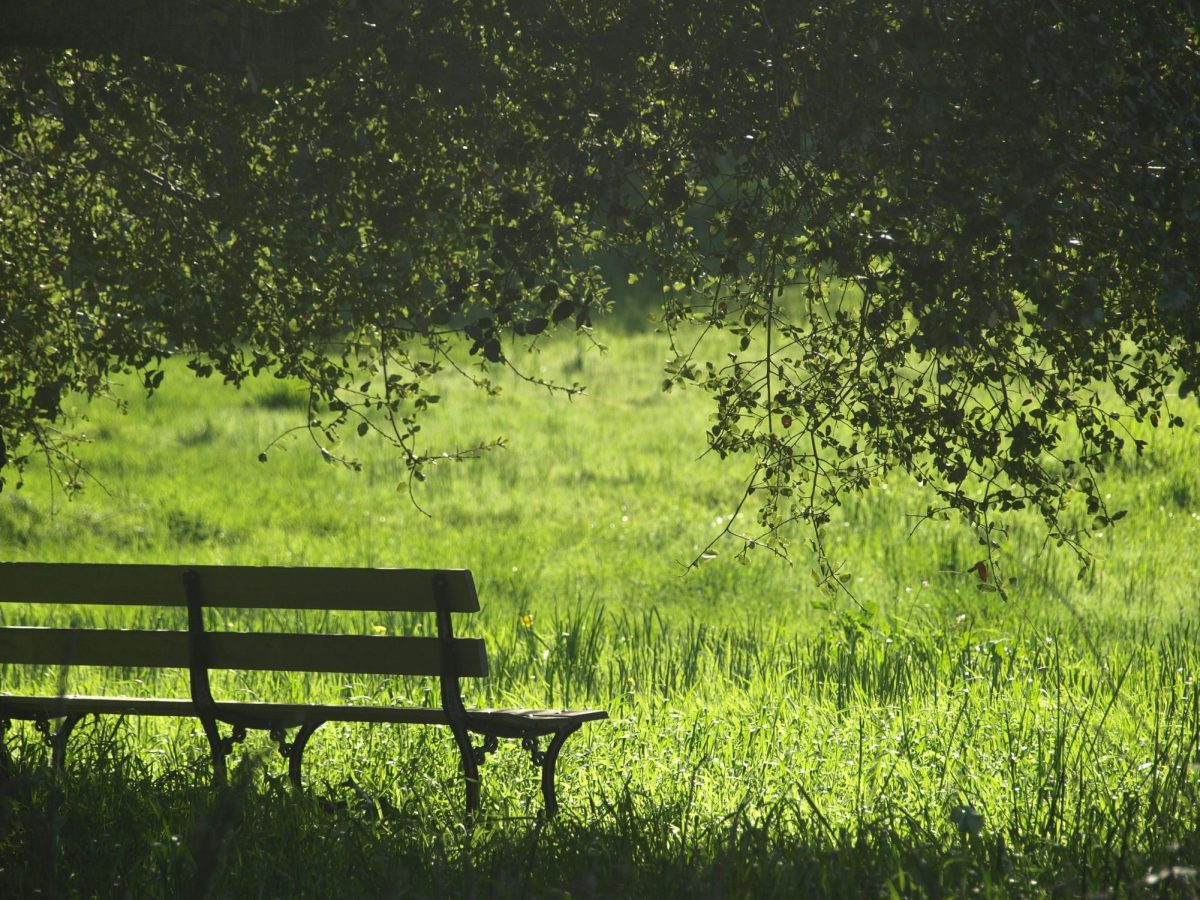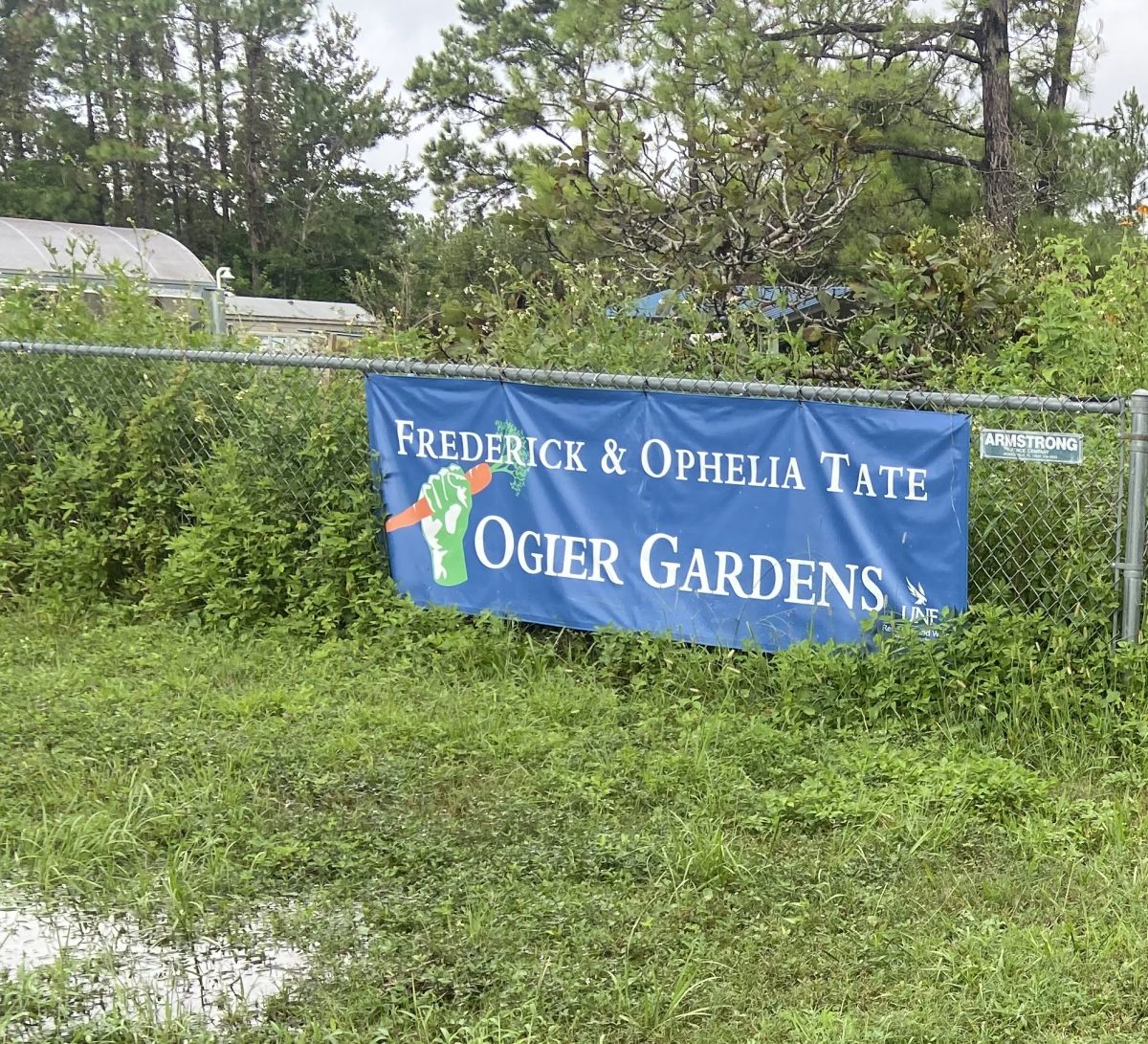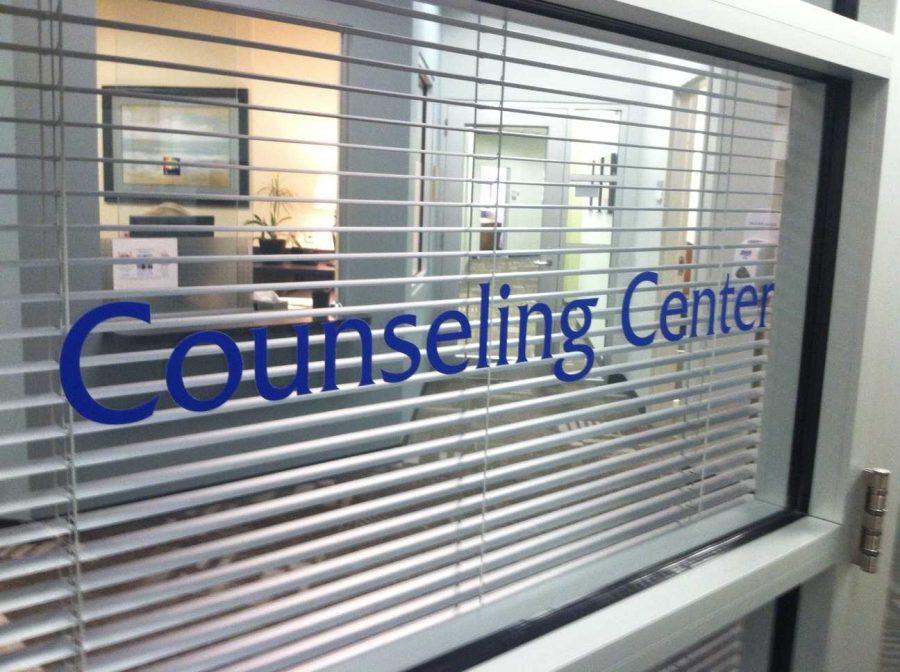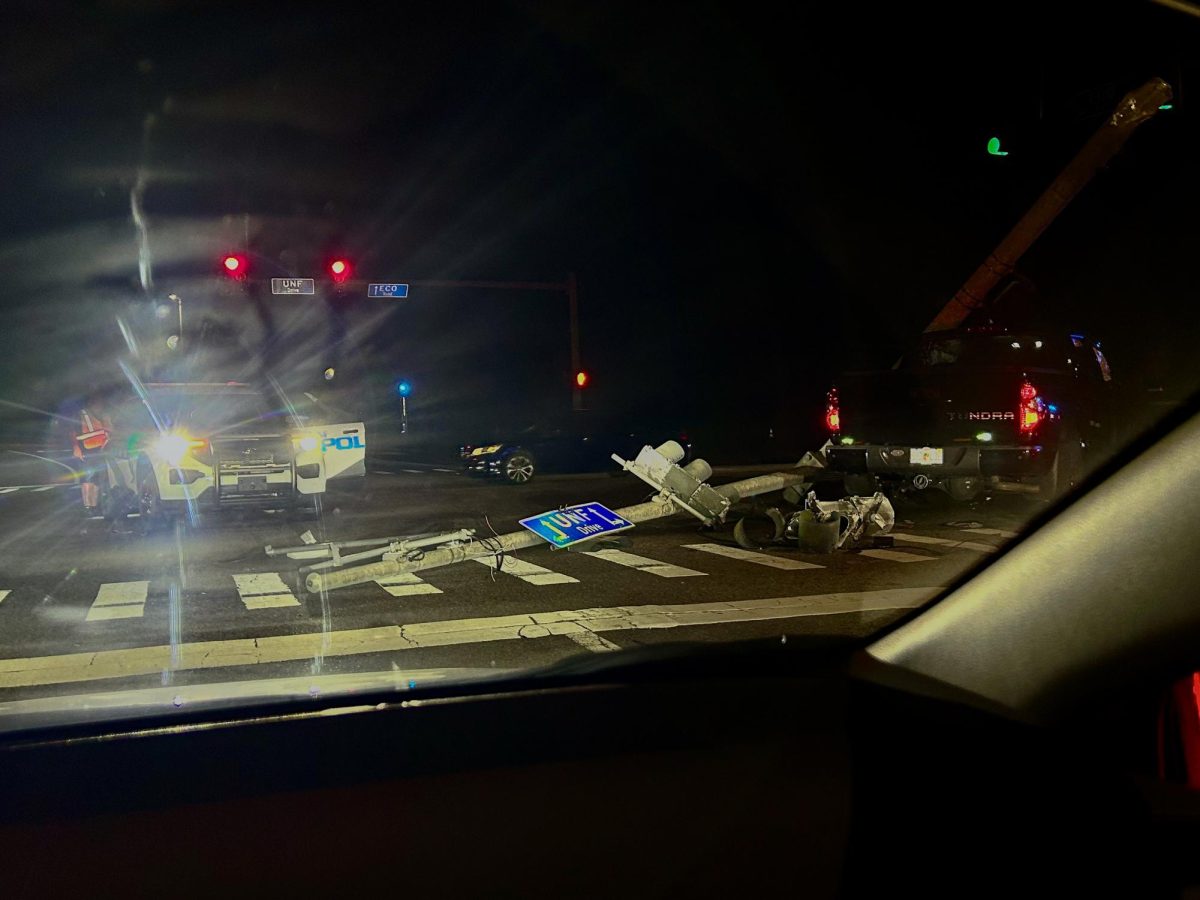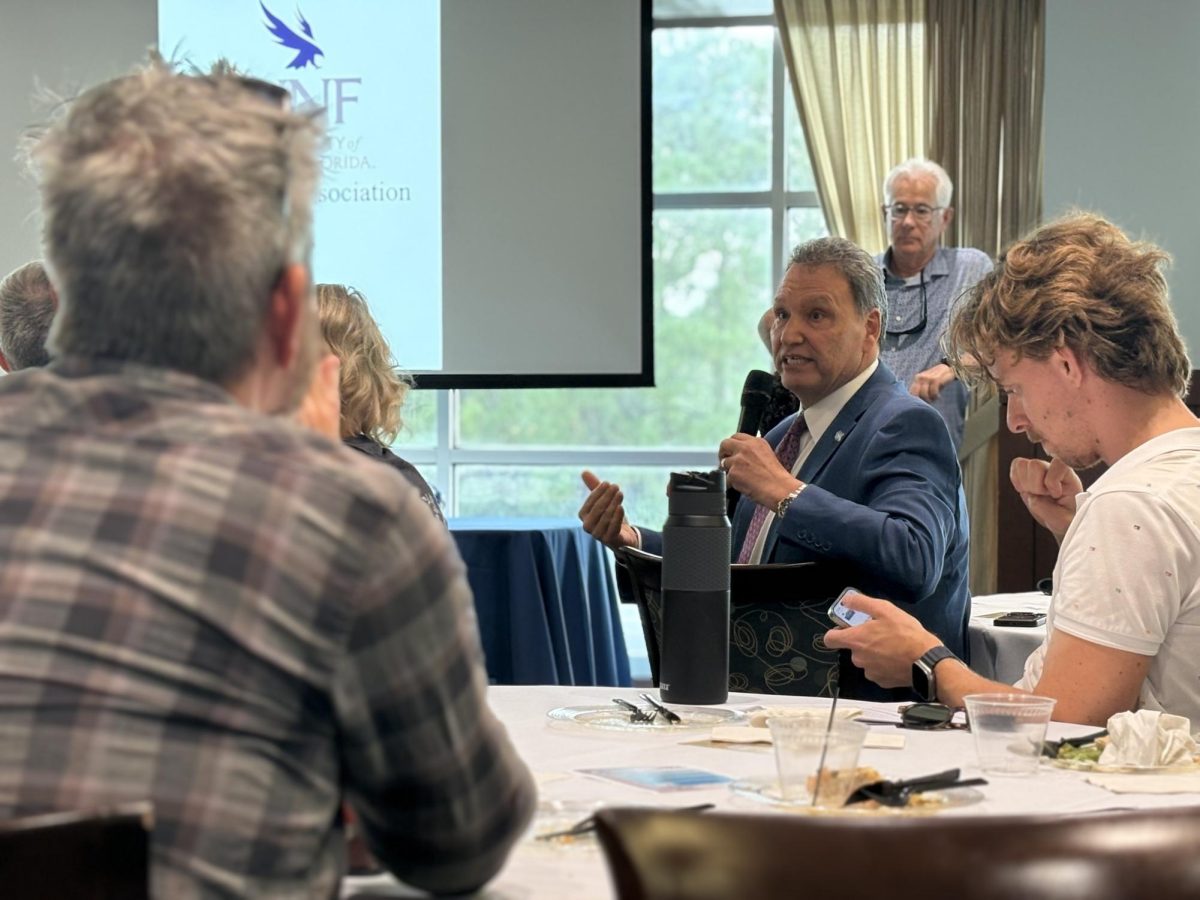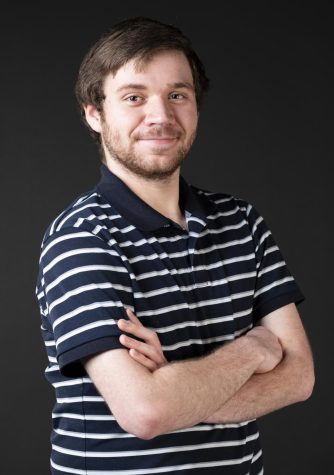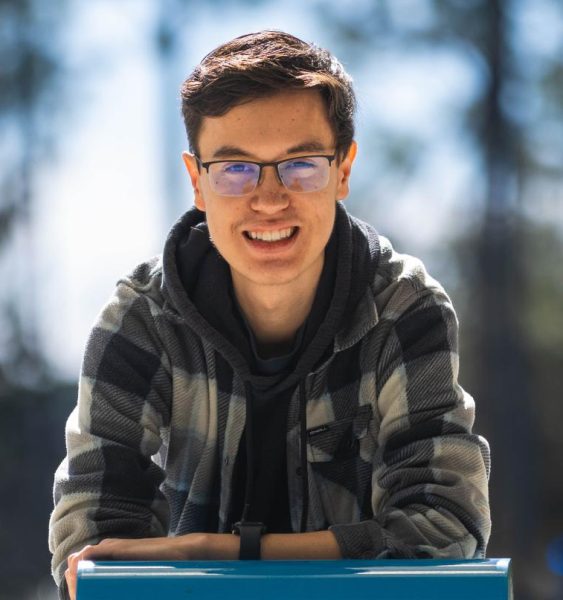The fall semester has officially started and UNF is attempting to make a return to normalcy. The University has set a “strong expectation” for students to wear masks indoors but has fallen short of completely requiring students to wear them. Instead, UNF is falling in line with Gov. DeSantis’ highly controversial executive order forbidding schools and districts from enforcing them.
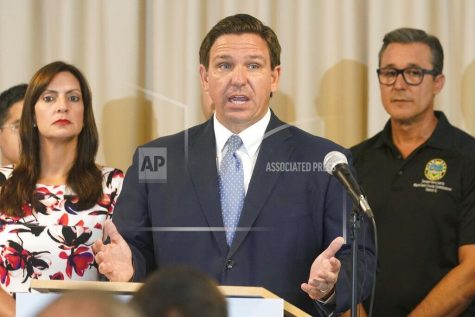
This order has come amongst an enormous spike of COVID cases across Florida as schools open for the fall semester.
UNF students share many differing thoughts on these developments, but UNF is more than just students. On top of its 17,000 students, UNF employs over 2,000 faculty and staff who are also returning to campus. Generally being older than most of the student body, these staff members may be more at-risk for COVID-19 than the students themselves.
What do these key members of the UNF community feel about the reopening of campus? John White, President of the Faculty Association, gave Spinnaker a statement about the decisions of UNF administration and Gov. DeSantis in particular:
White highlighted how “Governor DeSantis’s mandate that our state universities open normally during the height of the pandemic is extremely irresponsible and the height of perfidy.” In his opinion, DeSantis is putting his right-wing and anti-science political agenda above the welfare of students, faculty, staff, and their respective families.
“[DeSantis] has tacitly threatened the very well-being of our universities if they attempt to ignore his harmful orders or even if they speak out against them,” he wrote. Simply put, White says that DeSantis is extorting universities to follow his mandates. In this case, the price of not following the mandates are cuts to university funding which has an extremely negative effect on students.
While slamming DeSantis, White said that UNF faculty are “extremely eager” to return to the classroom with students. Unfortunately, he says, a large majority of faculty feel that UNF can, and should, be doing this by following protocols outlined by the CDC. He referenced the recent FDA approval of the Pfizer vaccine and how numerous universities have already mandated vaccinations for students, faculty, and staff over the past months.
To White, the governor’s decision to ignore CDC guidelines when reopening campuses, many faculty are “legitimately fearful” of going back to their classrooms. Especially so, he says, for those faculty members with small children or even immunocompromised partners or family members.
“They are being forced back into classrooms with no mandated safety measures in place. That is simply wrong.”
It is White’s hope that common sense and an ethos of care will eventually override, in his opinion, the nasty and irresponsible political game being played in Tallahassee. If not, White hopes that other leaders across Florida will stand up to DeSantis’s carelessness.
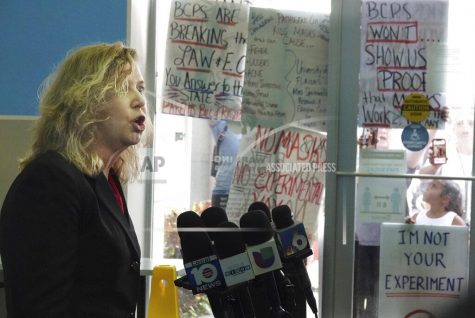
Professor Jennifer Lieberman recently authored an open letter to the Board of Governors, with nearly 200 and counting co-signatures from faculty and staff from UNF, as well as various other state institutions. She had this to say to Spinnaker:
“While faculty haven’t heard any response from upper administrators at the university or state level in response to our Open Letter, we have heard from students, who feel unprotected and unheard as they return to campuses.”
Lieberman expressed her frustration at hearing these student responses because universities exist to serve students and they should not be putting students at risk.
“We do not have to let our students (and staff and faculty) down in this way,” she wrote. “We could take this opportunity to grow together as a community, rising to a moment that demands empathy and simple, effective precautions.
She noted how some would frame this issue of campus policy as up to the freedom of choice. However, Lieberman argues that Americans do not have the freedom to hurt others. Why then, she asks, “are we enabling harmful behaviors that could so easily be avoided with decisive policy and action?”
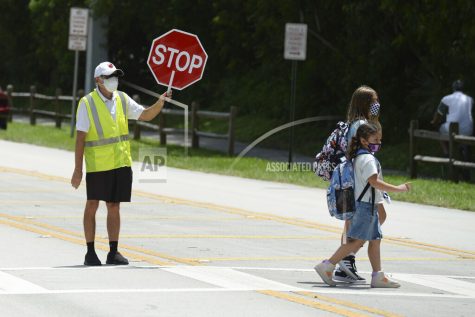
Spinnaker also reached out to Professor Nicholas de Villiers, President of the United Faculty of Florida (UFF-UNF), who gave Spinnaker this statement:
While everyone is excited about a safe return to campus, Villiers says that UFF-UNF has received several concerns from faculty about risks to the health and safety of their students, families, and community.
“The possibility of a superspreader event is extremely disheartening to faculty who have worked extremely hard on their classes and miss teaching in person,” he says, “people are feeling demoralized and helpless.”
Similar to other faculty responses, Villiers says that faculty members are hearing concerns from students about their safety in the current in-person class conditions. Back in the spring, faculty were assured by UNF that they would allow for alterations to how courses are taught if conditions worsened, he said.
“The pandemic conditions have objectively worsened,” Villiers bluntly stated. “[Faculty] are now told that we cannot adapt and we must stick to the outdated, pre-delta variant Board of Governors ‘back to normal’ reopening plan.”
UFF-UNF are hearing from faculty that they feel there is a lack of leadership in both UNF and Florida as a whole to protect the health and safety of their community, says Villiers. Because the delta variant can be transmitted by both vaccinated and unvaccinated people, he says that faculty are again voicing concerns over the safety of their unvaccinated children and at-risk family members.
“We are being told to seek ADA accommodations which do not extend to protecting children or other family members from COVID-19 exposure,” he wrote. “We are told that changes in course modalities—like shifting to ‘remote instruction,’ even temporarily—are no longer available to faculty.”
This current inflexibility and lack of control that Villiers says faculty have now directly contrasts the past flexibility, creativity, and control faculty had to best teach their courses, and keep students safe, back when the pandemic conditions were not so dire.
“Let’s be ‘uniquely UNF’ and rise to meet the urgency of this moment,” Villiers closed.
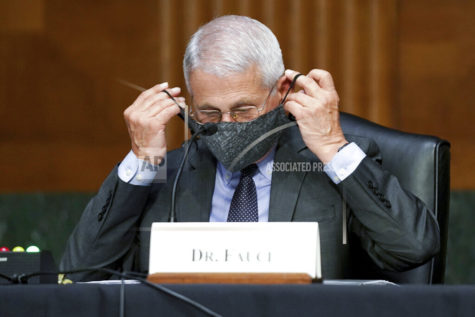
Spinnaker reached out to UNF about these emotional and fiery concerns, and received this response:
“The health of our faculty, students and staff has been, and will continue to be, our top priority throughout this pandemic. UNF will continue to closely coordinate operational efforts with local, state and federal officials as well as the Florida State University System, and update COVID guidelines as needed to keep the campus safe.”
It appears that the University believes that they are doing the best they can to keep UNF safe, but many faculty and staff still feel that their response is heavily lacking.
___
For more information or news tips, or if you see an error in this story or have any compliments or concerns, contact editor@unfspinnaker.com.




